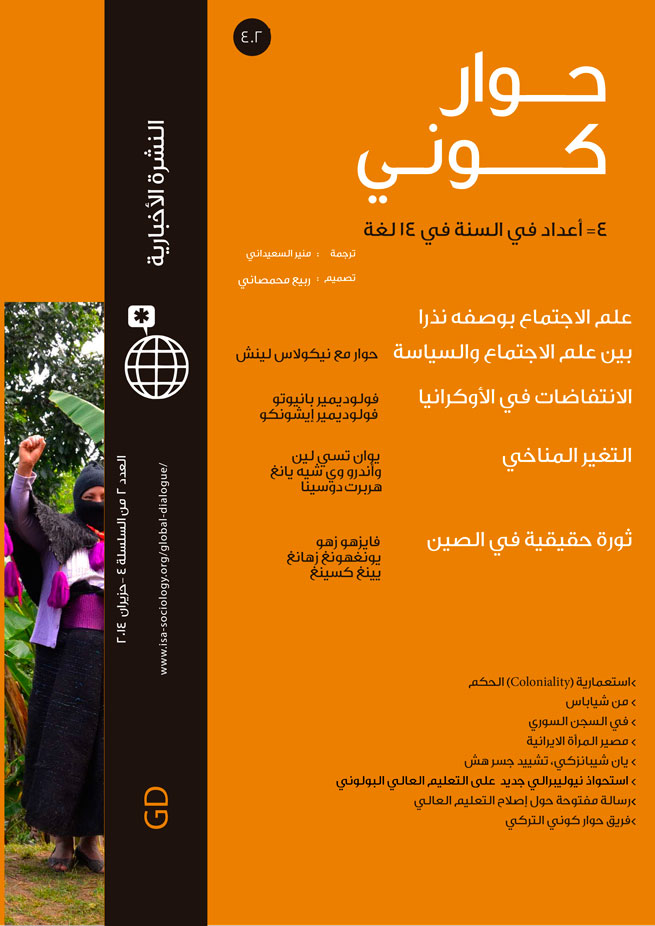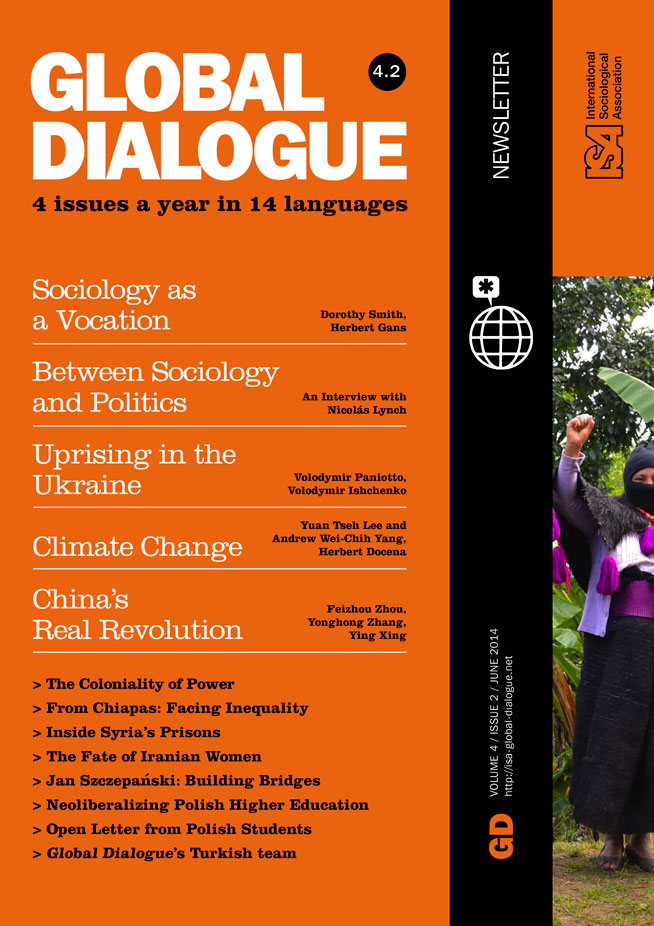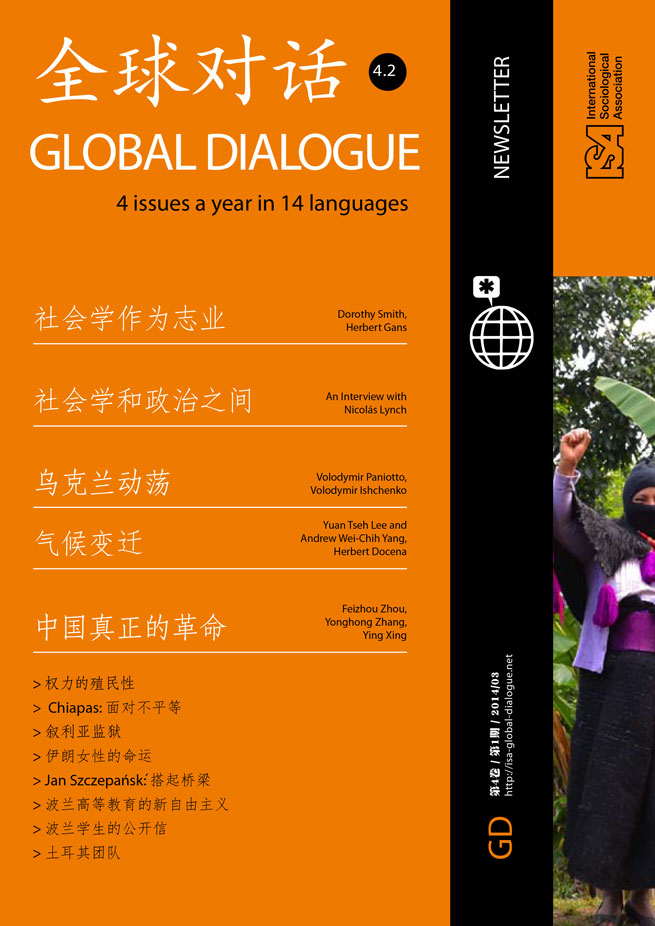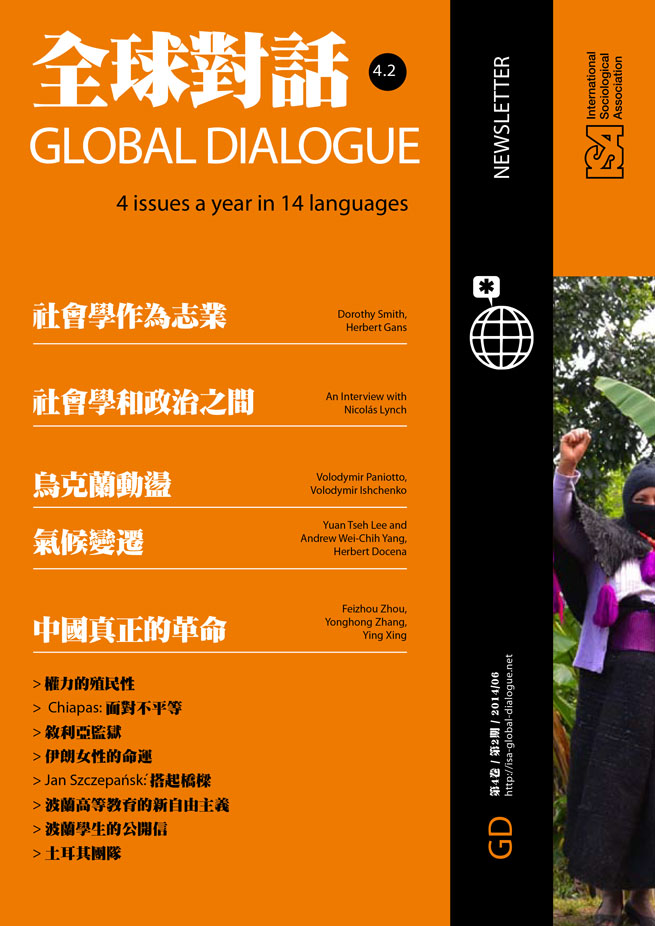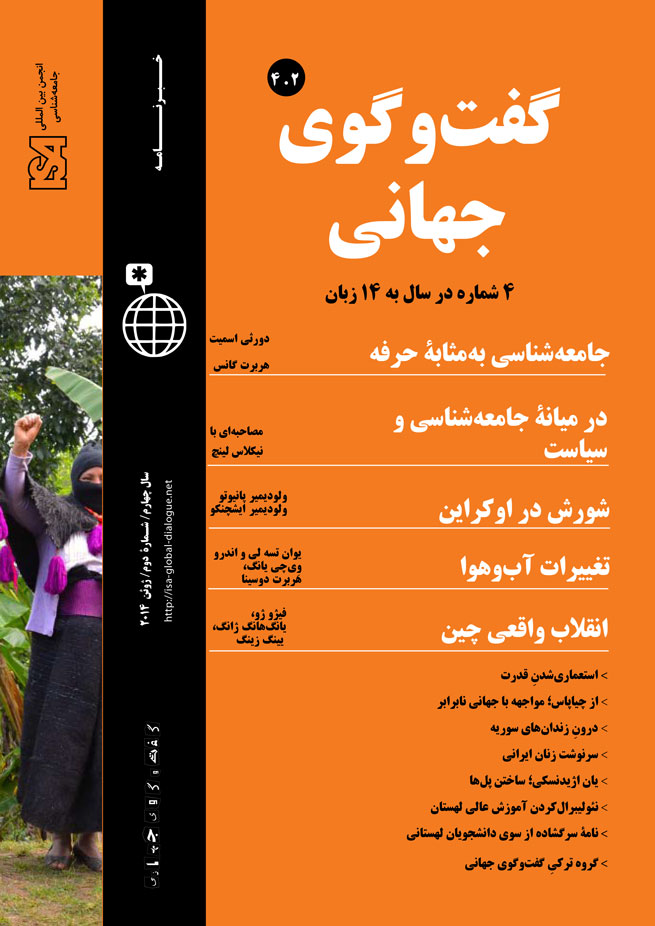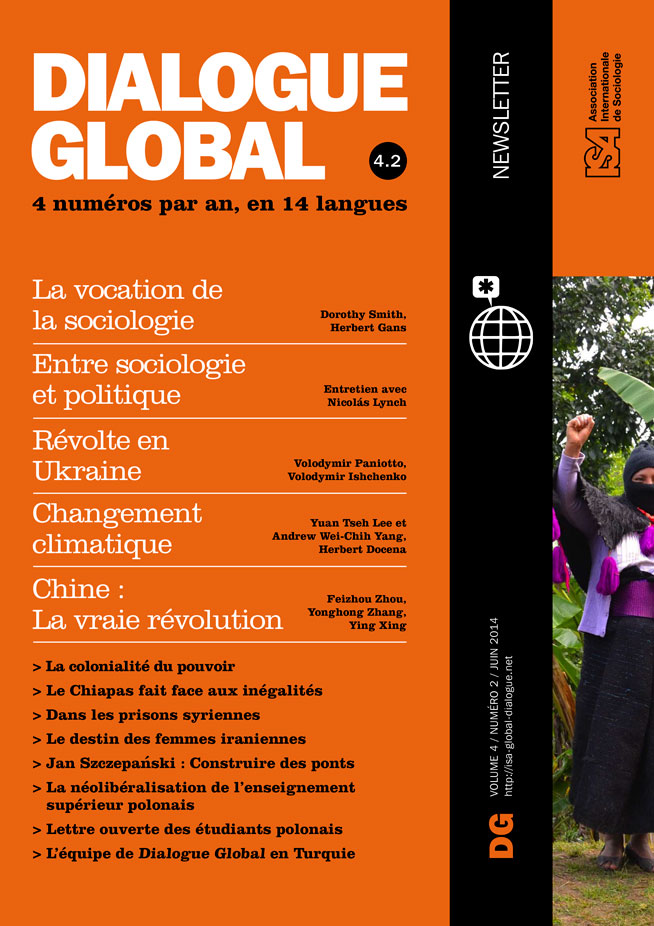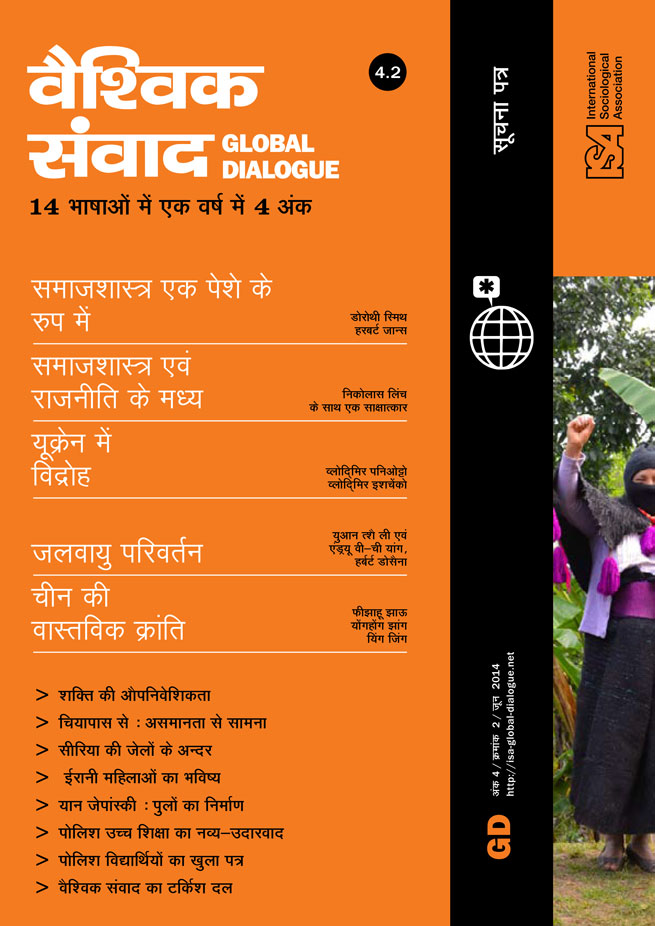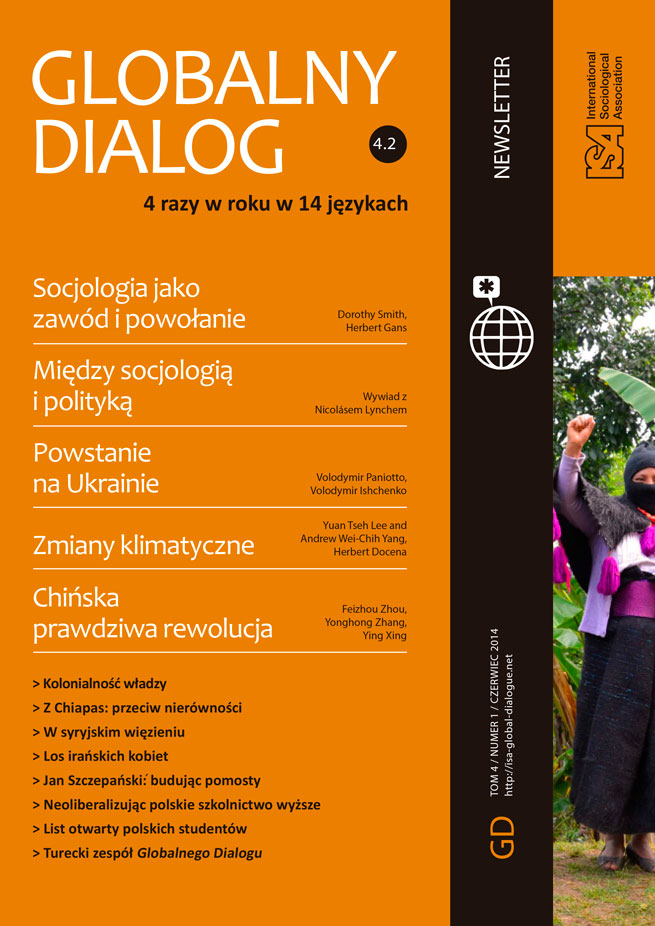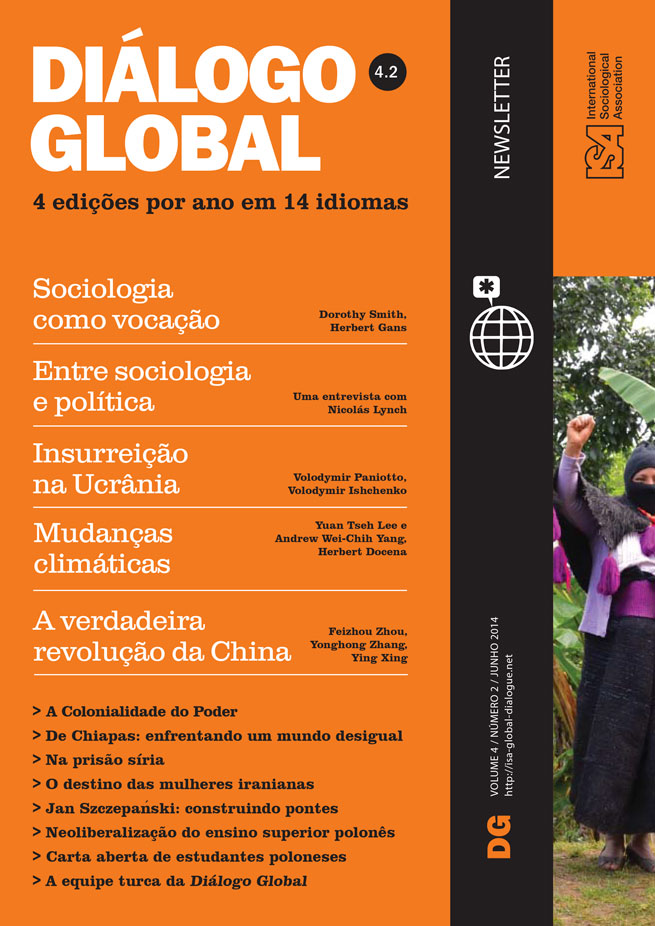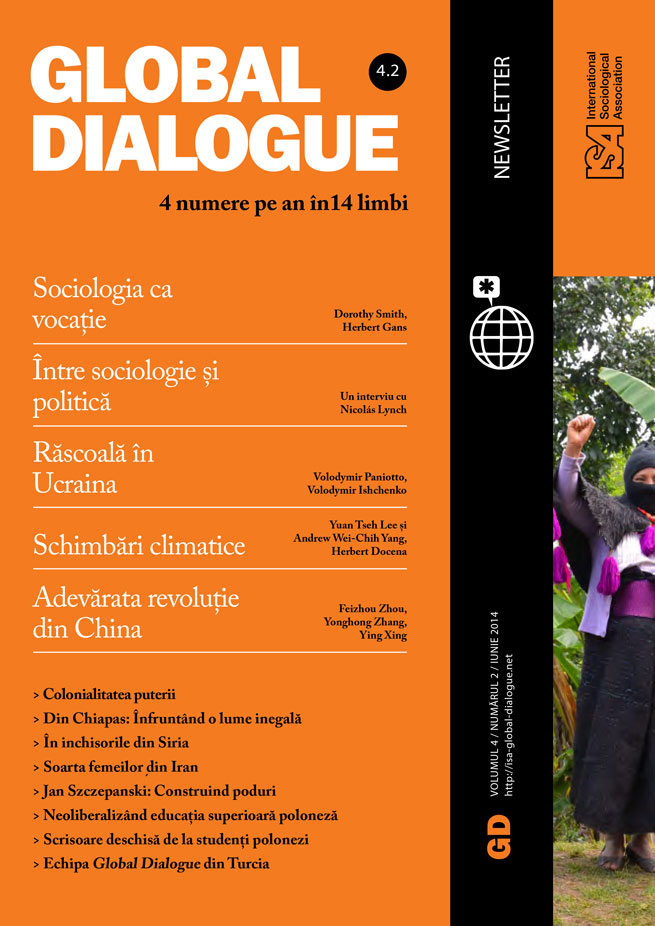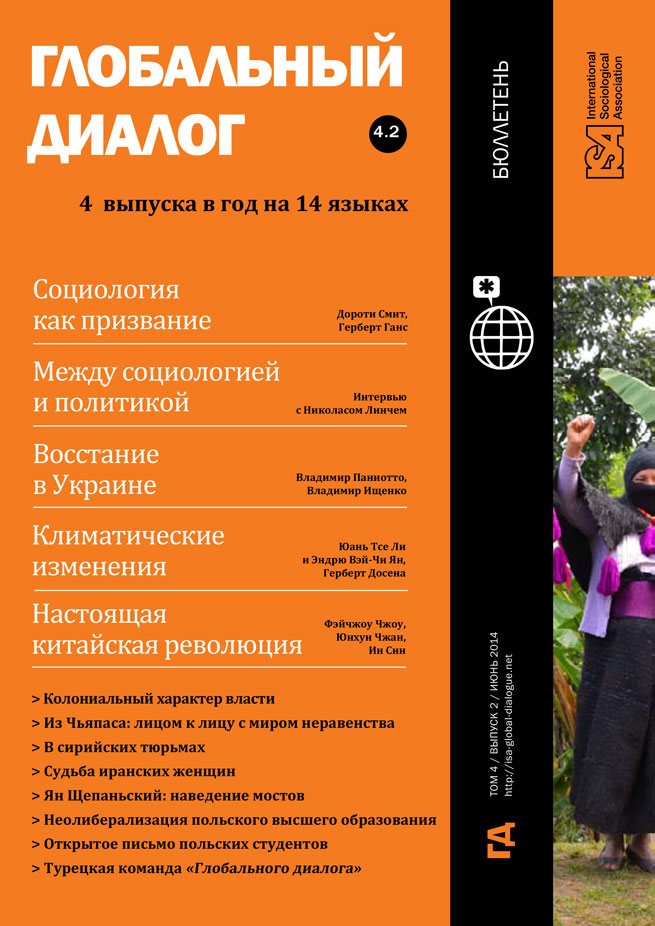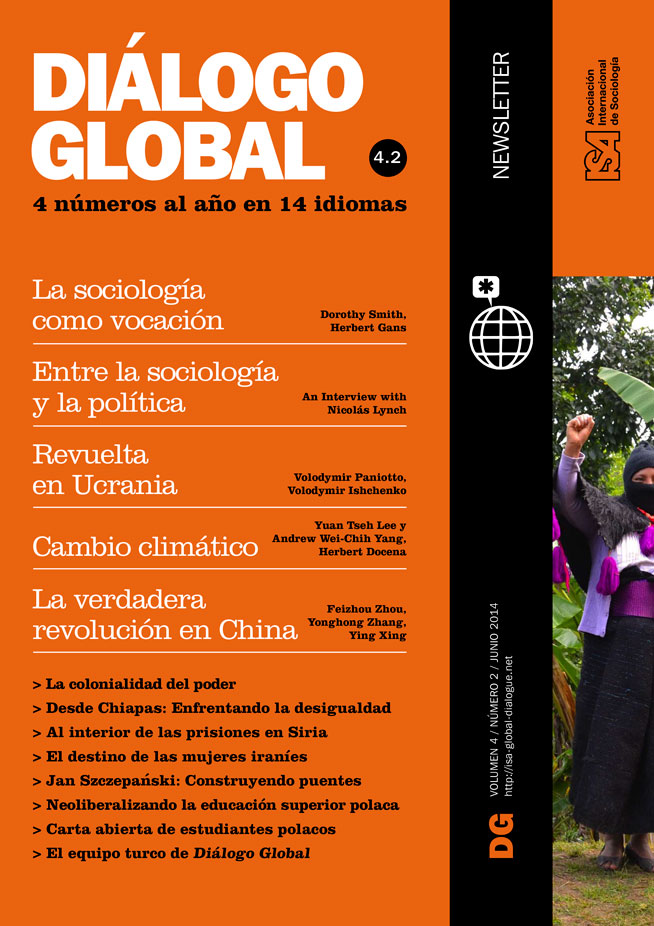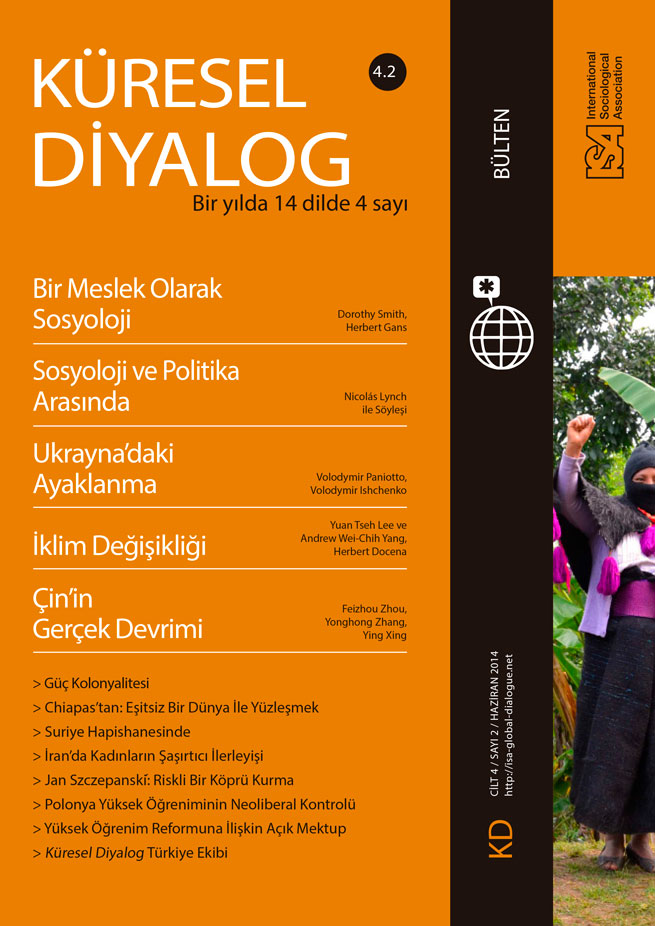Read more about Climate Change
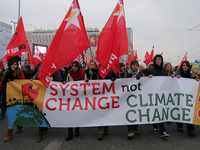
Climate Change: Our Fate Lies with the Market
by Herbert Docena
May 16, 2014
At a meeting a couple of years back, we were discussing the need to restrain development in order to prevent dangerous climate change, when an African colleague spoke up: “No, our people are miserable. We must develop. If that means destroying the earth, then we can all die together!”
The words left a lasting impression. Much as we disagreed about dying together, the words did convey a truth: the world’s poor and hungry deserve a decent life. Every human soul does. There’s no denying the injustice of a world where 1.3 billion people have no electricity, 2.5 billion live on less than $2 a day, while the richest consume too much. And they are undoubtedly consuming too much.
Today, mankind as a whole devours 50% more resources than the earth generates each year.[1] In 2012, 105 science academies from the world over sounded a stern warning: that over-consumption and over-population are severely straining the earth.[2] If we keep going as we are, science predicts that the world will warm by at least 4°C within this century. The climate will mutate, species will die en masse, and disasters will displace hundreds of millions.[3]
Such is the 21st century human predicament: a planet of limited resources and limited ability to absorb human impact, with 7 billion people already using too much and impacting too much. Yet 2.5 billion people deserve much more, while 2 billion more may join them by 2050.
How could every human live well, but without destroying the earth?
To believe that the current way of development would work is utter insanity. With 7 billion people, this model – which prioritizes consumption and growth – will leave billions destitute and the environment devastated. At 9-10 billion people, it will likely destroy the planet and all semblance of human welfare.
We must find another way
Our only chance at giving everyone on earth a decent life within the bounds of what the planet can provide is to totally transform the way we develop. Neither gradual progress nor incremental tinkering will suffice. Wholesale transformation is in order. You may ask: what will this transformed, truly sustainable development look like? Most likely it will assume a multitude of evolving forms as people innovate and iterate. But it ought to fulfill three objectives:
In one sentence: sustainable development is about meeting the needs of present and future generations – equitably and within the limits of the earth.
How can sociologists (and all social scientists) contribute?
Actually, the real question is: how can they not? The root of this crisis stemmed not from curmudgeon physics but unsustainable human development – its institutions, behaviors and values. In other words, it is on the territory of social science that the key battles of sustainability will be waged.
“What about natural science and technology?” you may ask. Indeed they are crucial for moving us towards a low-carbon society, but they’re far from enough. In fact, science and technology have often been a powerful force for resource exploitation, consumerism and growth – because these, not environmental conservation, have been the dreams of peoples and nations. As long as nations still dream of infinite growth and consumption, even “green tech” will be deployed to those ends, well beyond what the Earth can withstand.
But if we can transform those dreams and their associated values, behaviors and institutions, then we transform the very ends to which technology is wielded. And the social sciences are not just relevant to such a transformation. They are pivotal. Areas of potential intervention are legion. Here are three:
1. Our conception of “development” and “needs”: The reigning definition of sustainable development – from the Brundtland Commission in 1987 – did not define the meaning of “development” or “needs”. What do we mean by “development” – a luxurious Western lifestyle or a life of happy sufficiency? And what do humans “need”? A sleeping person survives on a constant supply of 100 watts, yet the average American consumes 10,000, while a Swiss initiative proposes 2,000 watts for all. Which is appropriate? These questions are admittedly tricky, but not answering them has meant that “anything goes” – jaw-dropping levels of waste included. Surely, through a joint effort, sociologists, economists, historians, psychologists and others could propose more sensible ideas.
2. Population: 9-10 billion people by 2050 is bandied-about so universally that we may believe it is pre-ordained rather than merely projected. But population is not destiny. It is heavily shaped by social norms, economics, security of parents, and policy interventions – which makes it ripe for social science interventions.
3. Global cooperation: our nation-based governing system has proved vastly inadequate in the face of climate change, which is a global threat. We need superior global institutions. It is time to seriously invest in, and apply, the treasure trove of social science know-how on institutional design.
The potential of sociology and the social sciences to power the transformation of human development is literally infinite. But unless we convert that potential into real action, it won’t matter much. And we had better get going. Science shows that if we don’t turn away from unsustainable development within this decade, it’ll likely be too late. How will future generations judge us then?
Back at that meeting two years ago, there turned out to be no disagreement after all. We were all united by the hope for a very different kind of development – much more equitable and well within the boundaries of our planet.
[1] Global Footprint Network: http://www.footprintnetwork.org/en/index.php/GFN/
[2] Inter-Academy Panel, Statement on Population and Consumption: http://www.interacademies.net/10878/19191.aspx
[3] The World Bank, Turn Down the Heat: http://climatechange.worldbank.org/sites/default/files/ Turn_Down_the_heat_Why_a_4_degree_centrigrade_ warmer_world_must_be_avoided.pdf
[4] Griggs D. et al., “Policy: Sustainable development goals for people and planet”, Nature 495, pp. 305- 307, 21 March 2013: http://www.nature.com/nature/journal/v495/n7441/ full/495305a.html
Yuan Tseh Lee, President of the International Council for Science (ICSU) and former President of Academia Sinica, Taiwan
Andrew Wei-Chih Yang, Special Assistant to the President of ICSU
This issue is not available yet in this language.
Request to be notified when the issue is available in your language.
If you prefer, you can access previous issues available in your language:
